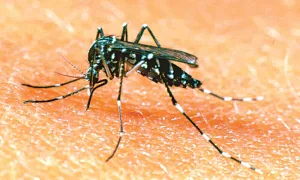RSV Infections: A Threat to Healthy Infants
Respiratory syncytial virus (RSV) is often associated with premature babies and children with pre-existing conditions. However, it’s crucial to understand that even healthy, full-term infants face a significant risk from this common virus, particularly in their first three months.
Who is at Risk?
- Healthy, Full-Term Babies: These infants can experience severe RSV infections.
- Premature Babies: They remain highly vulnerable.
- Children with Underlying Diseases: This group is also at increased risk.
Severity of RSV Infections in Infants
RSV can lead to serious complications, even in otherwise healthy babies, such as:
- Intensive Care Admission: Severe cases may require intensive medical support.
- Prolonged Hospitalization: Infants might need extended stays in the hospital to recover.
Why the First Three Months Matter
The first three months of a baby’s life are a particularly vulnerable period due to their developing immune systems. This makes them more susceptible to severe RSV infections.
Protecting Your Baby from RSV
While RSV is a common virus, there are steps you can take to protect your infant:
- Frequent handwashing, especially before handling your baby.
- Avoiding close contact with people who are sick.
- Keeping your baby away from crowded places during peak RSV season.
Final Overview
RSV poses a real threat to infants, including those born healthy and full-term. Understanding the risks and taking preventive measures is key to safeguarding your baby’s health during their early months.




+ There are no comments
Add yours